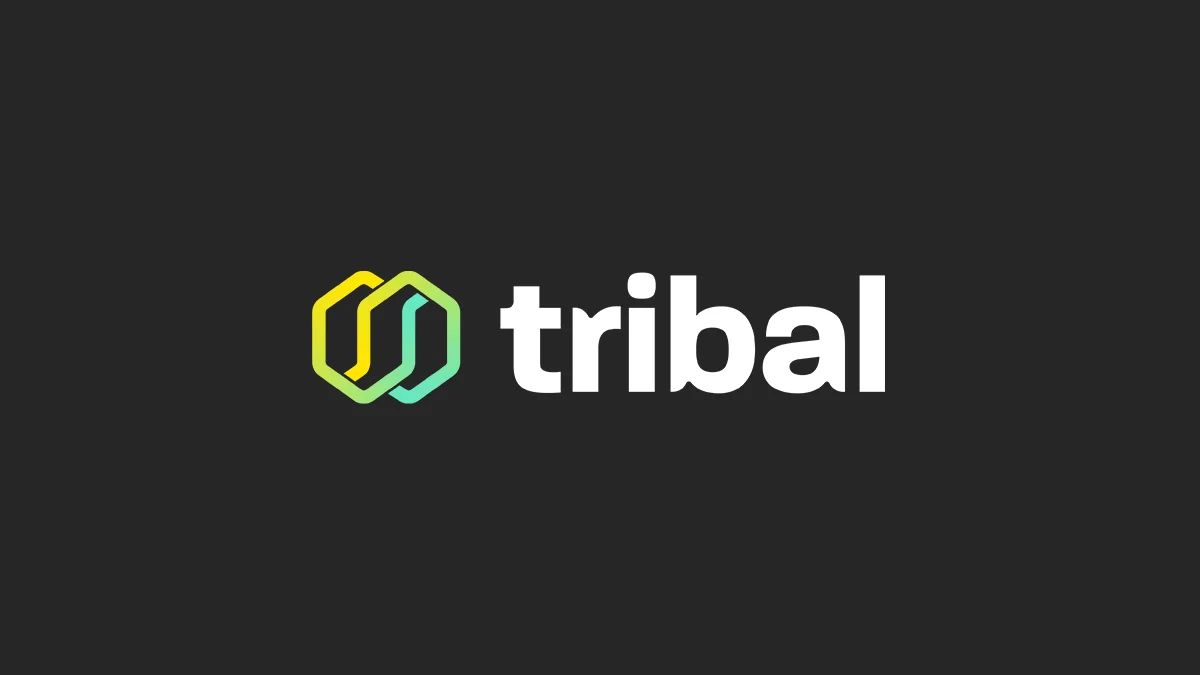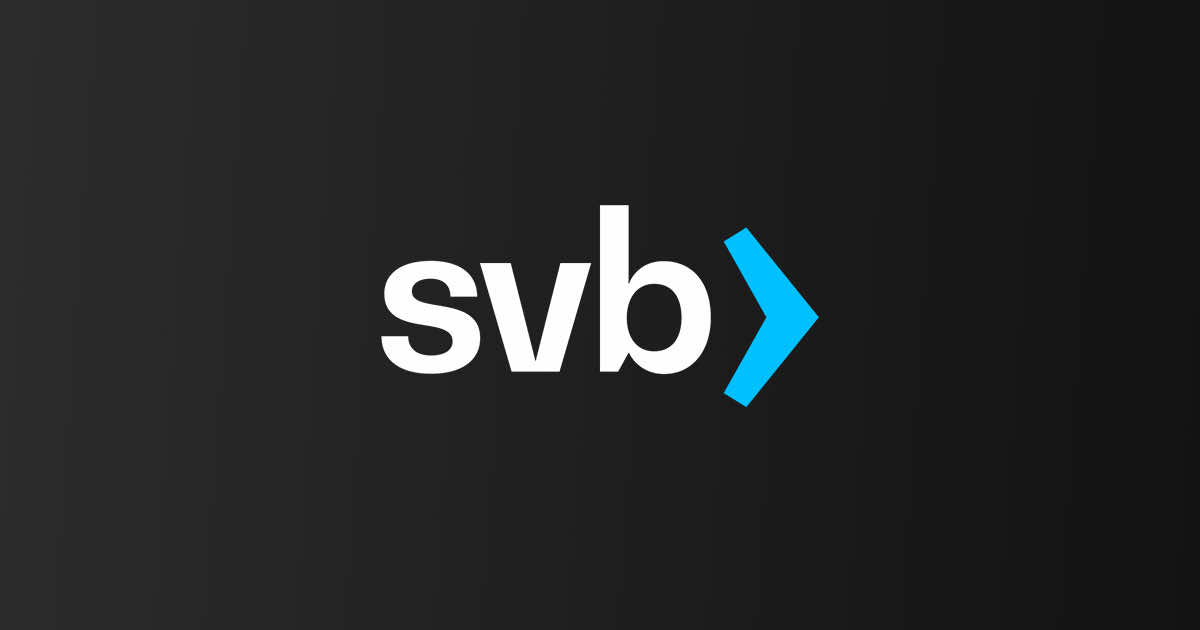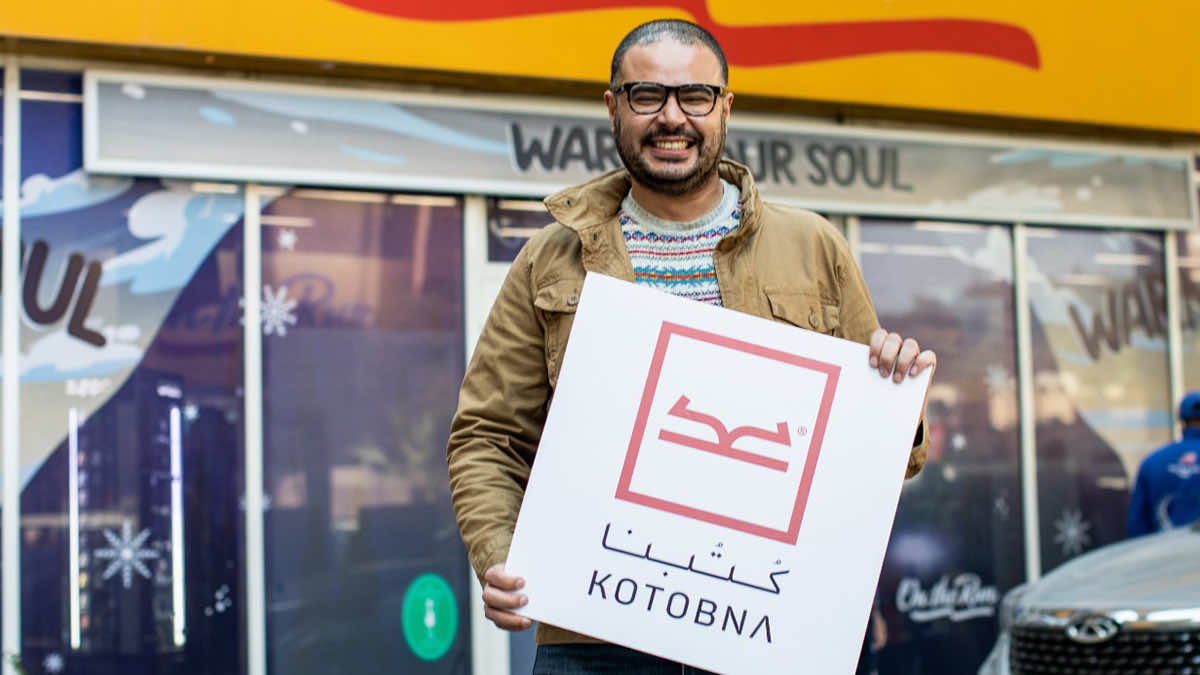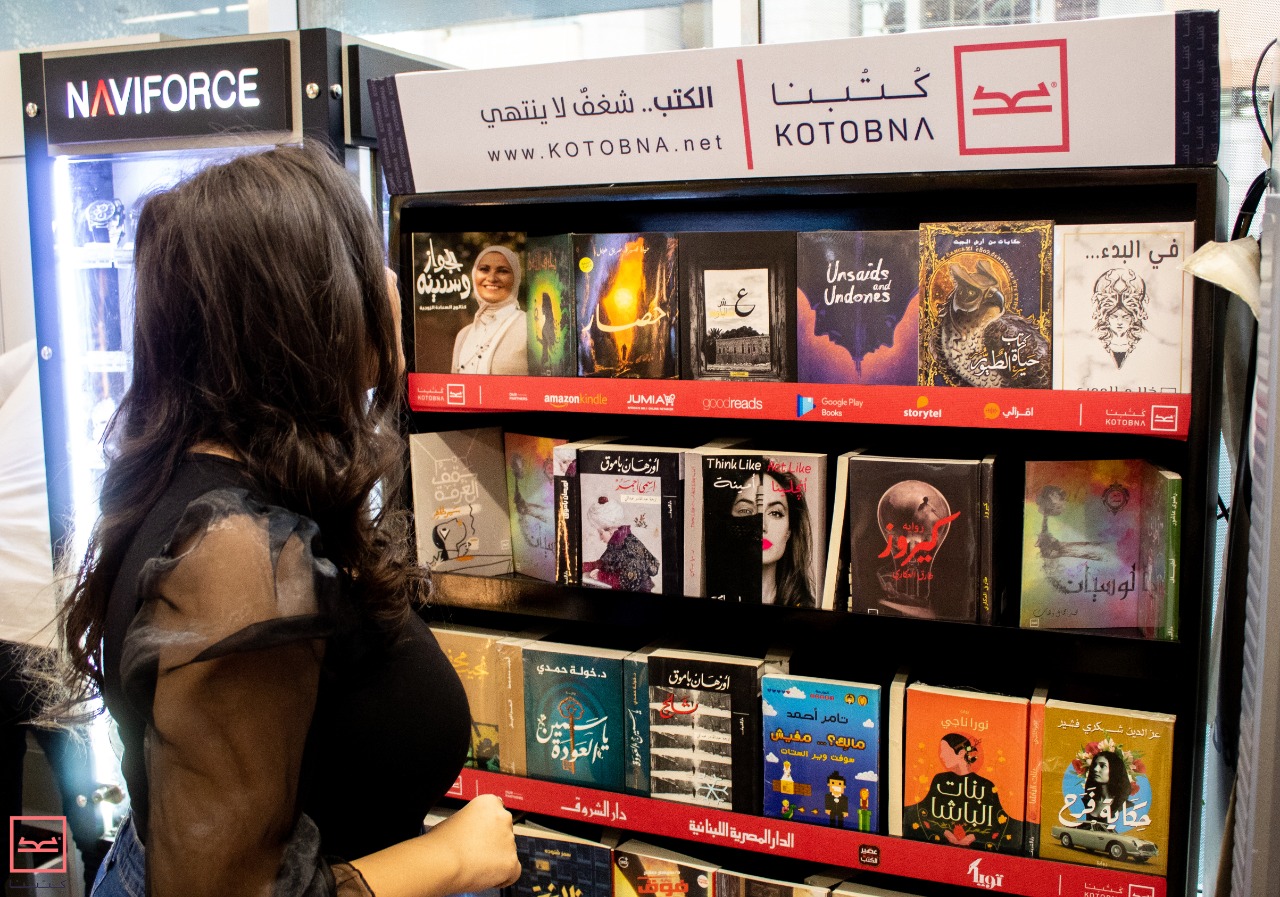Russian fintech Companies have recently been struggling with regulatory challenges due to some economic, social, and political factors. The pressure on these fintech companies is increasing especially after the Russian invasion of Ukraine.
What brings some questions to the table, such as will these startups be able to continue operating? And, will these companies help Russia find a way out of the western financial sanctions?
Here is a list of the most innovative fintech companies in Russia, and you can predict which will be impacted and which will get an opportunity.
1. Bistrodengi
Bistrodengi is the leader in the Russian microfinance market. The company provides various financial services via online platforms, as well as through an extensive branch network of 500 offices throughout the Russian Federation. Bistrodengi justifies its lending decisions with effective predictive models based on a large number of innovative data mining methods and technologies. Customers can apply for a loan of up to 1 million rubles (provided in cash or credited to their bank account).
Founded Year: 2008
Location: Moscow, Moscow City, Russian Federation
Founder(s): Yuri Provkin
Funding Amount: $61.3M
2. Blackmoon Financial Group
Blackmoon is a technology platform that provides Marketplace Lending as a Service (MPLaaS) for balance sheet lenders. MPLaaS enables balance sheet lenders to access institutional funding via a marketplace approach.
Blackmoon integrates with lending companies through proprietary technologies. Enabling asset managers to efficiently select portfolios by utilizing Blackmoon’s platform for analytical modeling, order management, portfolio monitoring, and projecting returns. Our objective is to provide a global MPLaaS platform for Balance Sheet Lenders.
Founded Year: 2015
Location: Moscow, Moscow City, Russian Federation
Founder(s): Ilya Perekopsky, Oleg Seydak
Funding Amount: $32.5M
Investor(s): A&NN Investments, Target Global, and Flint Capital
3. MoneyMan
MoneyMan is a digital finance company that offers automated payday loan services 24/7. The company concentrates its research and development efforts on developing innovative risk assessment models, big data processing, and developing secure applications for both web and mobile platforms
Founded Year: 2011
Location: Moscow, Moscow City, Russian Federation
Founder(s): Alexander Dunaev and Boris Batine
Funding Amount: $9M
Investor(s): Emery Capital and Vadim Dymov
4. MILI
MILI is the fastest consumer finance company in Russia.
Its disruptive technology allows MILI to issue loans to active users of social networks, leveraging their social capital. MILI has built unique scoring methods, paying equal attention to both standard information sources and users’ online social capital. The credit decision is made within 5 minutes directly on the website and money is transferred through one of the largest retail chains in Russia (over 5,000 retail posts) – Euroset.
Founded Year: 2012
Location: Moscow, Moscow City, Russian Federation
Founder(s): George Belotserkovsky, Grant Alaverdian, Levan Nazarov
Funding Amount: $6.1M
5. B2Broker
B2Broker offers solutions for financial institutions to increase and optimize their workflows and help new brokers to build their business. Our products and services include MT4/MT5 White Label, Forex/Crypto/CFD Liquidity, Forex Broker Turnkey, Cryptocurrency Exchange Turnkey, B2Core (Trader’s Room & Back Office Software), Investment Platform (PAMM, MAM, Social Trading), Cryptocurrency Payment Gateway.
Founded Year: 2014
Location: Moscow, Moscow City, Russian Federation
Founder(s): Arthur Azizov, Evgeniya Mykulyak
Funding Amount: $5M
6. Double Data
Double Data targets banks and other financial institutions that need to improve their performance for a variety of processes – from customer acquisition and assessment to debt collection. The Double Data software combines Big Data analysis tools, computer-aided learning methods, and data mining.
Founded Year: 2012
Location: Moscow, Moscow City, Russian Federation
Founder(s): Maxim Ginzhuk, Pavel Shuvalov
Funding Amount: $3.2M
Investor(s): Fastlane Ventures, Simile Venture Partners, and LETA Capital
7. Vdolg
Vdolg.ru “- mutual crediting service in Russia.
P2P service implements the principle: money directly from the lender to the borrower! Borrowers can obtain funds at lower rates than conventional banks, without reference to income and guarantors. Lenders can issue money in debt, choosing one of the investment strategies and earning more than on bank deposits.
Founded Year: 2010
Location: Moscow, Moscow City, Russian Federation
Founder(s): Anton Tarasov
Funding Amount: $2M
Investor(s): Runa Capital
8. Mandarin
Mandarin is a payment platform that allows companies to scale their business without growing back-office. We build open APIs that help fintechs, marketplaces, platforms, and other industries automate all types of payment flows and sell more with the help of cutting-edge installment products.
Founded Year: 2016
Location: Moscow, Moscow City, Russian Federation
Founder(s): Alex Tolstik, Maksim Nekrylov
Funding Amount: $1.9M
9. Dengi Vpered
You worked today. Get paid today. Product for people and HR to empower financial wellness. Get what you already earned. Mobile applications with deep integration into companies’ accounting systems empower both sides with massive pros.
Founded Year: 2019
Location: Moscow, Moscow City, Russian Federation
Founder(s): Konstantin Stiskin, Pavel Guzhikov
Funding Amount: $1M
Investor(s): Traget Global
10. Pay-Me
Pay-Me is a vendor and mPOS services provider for small- and medium-sized merchants. It enables its users to accept payment cards, including Visa and MasterCard. It is recommended for e-commerce and trade companies, taxi and car services, medium-sized hotels and hostels, insurance agents, and many others.
Founded Year: 2012
Location: Moscow, Moscow City, Russian Federation
Founder(s): Vladimir Kanin
Funding Amount: $1M
11. BitRussia
BitRussia is a financial ecosystem built with modern technological solutions of a distributed registry, smart contracts, with the possibility of issuing and exercising digital rights (tokens). BitRussia is constantly developing its own infrastructure and a set of pre-built business scenarios that provide users with the opportunity to implement projects in the field of factoring, banking, crowdfunding, insurance, reinsurance, banking, processing, trading, human resources, and management.
It is the only legal investment operator&platform in Russia with embedded DLT and smart contracts. BitRussia is deeply integrated with classic fin-tech industries such as banking and insurance. Present status: official piloting in “sandbox mode” with the Central Bank of Russia.
Founded Year: 2019
Location: Moscow, Moscow City, Russian Federation
Founder(s): Ivan Rodionov
Funding Amount: $900K
Investor(s): Da Vinci Capital
12. MyWishBoard
MyWishBoard is a crowdfunding, visual savings platform for personal and shared dreams and goals. The platform helps its users collect their desired products, get them funded by friends and family, and achieve personal goals in studying, traveling, and shopping. It is based in Moscow, Russia.
Founded Year: 2012
Location: Moscow, Moscow City, Russian Federation
Founder(s): Alexander Borodich, Dmitry Amroyan
Funding Amount: $880K
Investor(s): Life.SREDA, IMI.VC
13. GetFinance
GetFinance is a single digital space for all participants in the factoring market: suppliers, buyers, and financing organizations. GetFinance implemented on the basis of advanced fintech solutions in the field of highly loaded information systems, GetFinance has a powerful and functional universal core that allows you to automate complex business factoring processes at all stages: from the initialization of the financing process to the final settlement between participants and transaction accounting. Due to the modern system of remote verification, the platform provides a fully digital three-way format of work, previously inaccessible to the Russian market.
Founded Year: 2019
Location: Moscow, Moscow City, Russian Federation
Funding Amount: $770K
Investor(s): VTB Bank
14. ArtQuant Ltd
ArtQuant Ltd. provides innovative, tech-based financial and investment solutions.
Founded Year: 2014
Location: Moscow, Moscow City, Russian Federation
Founder(s): Ilya Filippov, Samit Yakovlev
Funding Amount: $600K
15. Scorista
Scorista – a unique online service for assessing the borrower. With their analytical system to perform a detailed and qualitative assessment of the solvency of the borrower for one minute without any extra costs for you and install additional software. You get a definite answer to “give” loan or “deny”, stating the reasons. They guarantee their expertise. If the result does not suit you, you can not pay.
Founded Year: 2014
Location: Moscow, Moscow City, Russian Federation
Founder(s): Ivan Tretyakov, Maria Veikhman
Funding Amount: $597K
Investor(s): Starta VC, Internet Initiatives Development Fund (IIDF), Moscow Seed Fund, and Life.SREDA
16. REGA
REGA Risk Sharing is an international software company specialized in blockchain fintech product development. Now we go out of our way to built REGA Platform to reinvent insurance. We have more than 20 years of experience in risk assessment and scoring, developed fintech products for main RU banks, using facial and behavioral scoring, ML, and computer vision.
Founded Year: 2016
Location: Moscow, Moscow City, Russian Federation
Founder(s): Leonid Morozovskii, Roman Ischenko, Sergei Sevriugin, Sergey Kiselev, Victor Chernyshev
Funding Amount: $507K
Investor(s): AltaIR Capital
17. PayZakat
PayZakat is a unique Islamic FinTech plaform. It’s an AI-based bot platform for personal donations management and organization. The chatbot allows users to select from a wide range of donation types and worldwide organizations.
Founded Year: 2018
Location: Moscow, Moscow City, Russian Federation
Founder(s): Behnam Gurbanzada
Funding Amount: $159.3K
Investor(s): Sberbank
18. Automatic Finance Complexes
Automatic Finance Complexes is a system that transforms traditional offline finance organizations into automated online microfinance services. AFC creates logistics platforms for highly-loaded financial systems. AFC offers all stages of work for the ICO and creates end-to-end solutions for MFIs, banks, p2p-lending, p2b-lending.
Founded Year: 2014
Location: Skolkovo, Moskva, Russian Federation
Funding Amount: $131K
19. mplace.me
Mplace.me helps financial institutions to start online marketing campaigns immediately, with pre-set access to local financial traffic.
MPLACE is a platform for buying and selling leads in Kazakhstan, which offers advertisers to pay only for targeted user actions – buying, registering, filling out profiles, and so on. It uses a unique technological complex of its own development, which has no analogs in the market. The company’s experience and knowledge in affiliate marketing allow its partners to achieve impressive results.
Founded Year: 2017
Location: Moscow, Moscow City, Russian Federation
Founder(s): Arthur Mikaelyan, Viacheslav Semenikhin
Funding Amount: $18K
Investor(s): Internet Initiatives Development Fund (IIDF)
20. Barter Card
A system of a multilateral commodity exchange for legal entities that increases the client base saves working capital. Also Known As Sistema mnogostoronnego tovaroobmena Barter-Kard.
Founded Year: 1991
Location: Ufa, Bashkortostan, Russian Federation
Funding Amount: $12K
Investor(s): Internet Initiatives Development Fund (IIDF)














 Gamal adds that the soft opening of the expansion across 26 locations in Cairo and Alexandria already brought positive feedback from On the Run.
Gamal adds that the soft opening of the expansion across 26 locations in Cairo and Alexandria already brought positive feedback from On the Run.